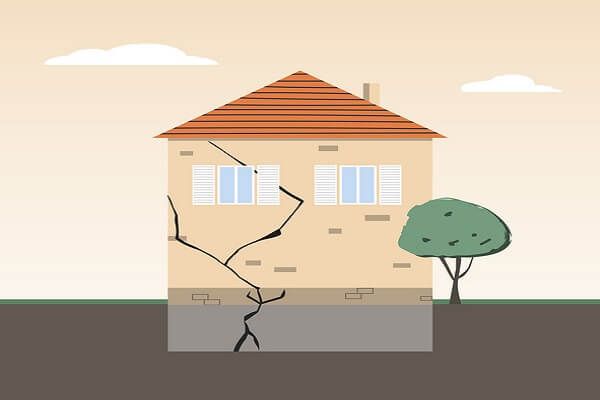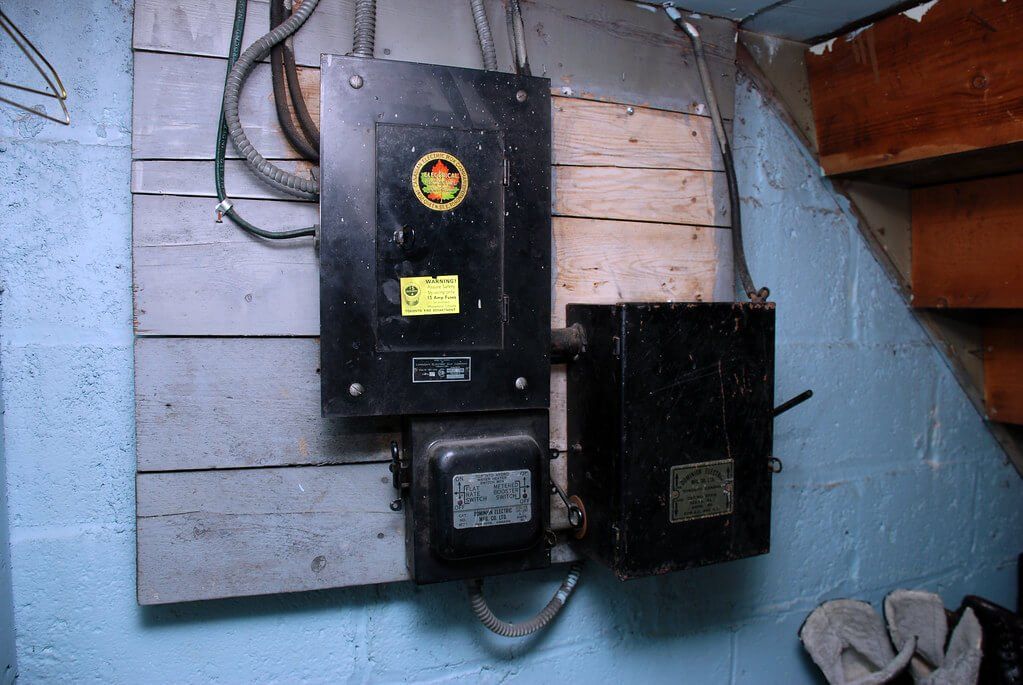Removing items from house after death


Can you empty a house before probate?
If your loved one had a will, and you believe it to be valid, then the executor of their estate can make decisions about what to do with all assets in their possession.
This includes removing and disposing of any belongings that they do not wish to keep themselves. If you are unsure if the items should stay or go because there is no will, then contact a probate attorney in your area to discuss the issue.
If you are in a probate process, and the executor has not yet been named, it may be possible to petition the courts for permission to remove and dispose of items before an executor is assigned.
This might happen if there is a pressing need for the space in which your loved one's belongings are stored, such as if you're moving into their house or apartment after they pass away.
In some cases, the home may need to be emptied for repairs or renovations before it can be sold. If you are considering this course of action, you should speak with a probate attorney about your options.
Get A Free Cash Offer on Your Home Today

Do I have to go through all the belongings of the deceased person?
You don't need to go through every single belonging that your loved one left behind.
Many people find it too difficult to look through old clothes and other personal items and choose instead to simply put them in boxes and store them somewhere else.
This can be an effective solution if you're trying to empty a house before probate, but it is not the best option if you're looking for permanent storage space. Make plans for the items that you can't keep and that need to be stored or disposed of.
Can an executor give away property?
An executor can make decisions about your loved one's belongings if they were the owner of them. This includes deciding what to do with items that they wish to give away, rather than sell or store.
If the person has left a valid will, then an executor is probably already aware of any relatives or friends that your loved one wished to give their belongings to.
This person will likely contact these people directly about the distribution of items, but if you know who you would like to receive some of your loved one's things, then you should speak with an executor as soon as possible before they contact everyone else.
The personal property of a person that passed away is distributed as per their will or as per the state law if there was no will. In some cases, family members contest the distribution of personal property and claim an interest in it. The probate court resolves family disputes over personal property.
If the deceased person did not leave a will, then after determining that there are no other next of kin entitled to inherit under the laws of inheritance, the court appoints an administrator to settle the estate according to state law.
A law firm may be able to help you with the probate process. Legal professionals are familiar with the court system and can provide legal advice. You should have enough knowledge about your rights if you are handling affairs on your own, so be sure to seek out legal advice before starting any process involving your loved one's estate.
The executor's duties are to settle the estate, pay any debts and distribute property according to your deceased loved one's will. If no will was left, then they are responsible for distributing property under state law that would have been distributed if there was a valid will.

Get A Free Cash Offer on Your Home Today
Sell house contents after death
After your loved one's death, you may be entitled to sell the house contents if they did not leave a will. You can consult a lawyer about your eligibility to sell the house contents. The valuable items need to be separated in a separate pile from the other contents and stored in a safe location. The valuation of these items and the process of selling them needs to be done carefully and safely so that no harm is caused while handling the valuable goods.

Removing Items From House After Death: Final Verdict
The final verdict is that the process of removing items from a house after death strictly depends on the will of the deceased and/or his next of kin.
If there is no will, then all assets are divided by family members in accordance with state laws which are applicable at that point in time. If there are valuable assets, then they are stored in a separate location by an executor.
If there is a will, then the family members are responsible for distributing items according to the will or as per state laws applicable at that point in time. If someone does not want any of the items, they can be distributed freely amongst whoever else has expressed interest in receiving them.
Our Recent Post
Get a Cash Offer for Your Home Today
Get Your No-Obligation All Cash Offer




